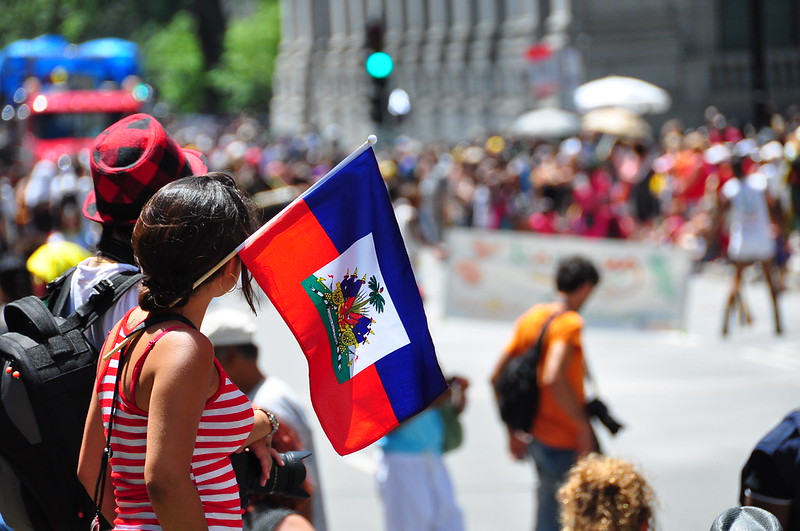The Haitian Revolution was one of the most important revolutions in the Western Hemisphere. Yet, our barelyfunded school system only teaches children the importance of the American and French revolutions. At best, the Haitian Revolution is taught as a smaller part of the French Revolution.
On Jan.. 1, 1804, Haiti declared independence and was renamed into its indigenous and current Taino name. Haiti was one of the first countries to be colonized; Columbus personally ordered settlements to be built. Haiti was also the first nation in the world to undergo decolonization. Haiti was designed to be dependent, and was heavily underdeveloped
Before the revolution, sugarcane was the main source of the economy, and food was not grown but imported. Succeeding Haitian leaders would enact forced labor to maintain the sugar-based economy. French forces would eventually return with an armada to demand 150 million francs in exchange for independence, crippling the economy. In 1915, the U.S. Marines invaded and occupied Haiti for 19 years to defend American business interests, particularly Citibank, which owned much of Haiti’s debt.
Today, it is one of the poorest countries in the Americas and faces a power vacuum after the 2021 assassination of President Jovenal Moïse and a brutal ongoing gang war that has taken over 5,000 lives. Despite this, one must remember that before the revolution, 90 percent of the population were enslaved people. After the revolution, all became citizens, including Black and Indian refugees who were guaranteed Haitian nationality by the 1816 Haitian Constitution.
The Haitian Revolution saw the largest slave uprising and the creation of the first Black republic, and the end of one of the most historically brutal regimes that saw 40,000 enslaved people imported every year to be forced to work on the sugarcane plantations. These plantations saw an average lifespan of 21 years for an enslaved person.
The Haitian revolution inspired slave revolts across the Americas, and slave-owners across the Americas quaked in fear. Whereas the French espoused “Liberté, Égalite, Fraternité” while re-establishing slavery during the rule of Napoleon, the Haitian revolutionaries were committed to the ideal of freedom, constantly resisting forces that sought to reimpose slavery.
Despite all this, the Haitian Revolution is not widely taught in our schools and is not held in high regard by many people. Despite this nation’s supposed commitment to freedom and democracy, the Haitian revolution has been overlooked, likely because they were Black and fought for freedom.
White slave owners feared that news of the revolution would instigate slave revolts and made conscious efforts to prevent the spread of knowledge of the revolution. I argue that this continues today in what our education system teaches to schoolchildren. This is done through the absence of any education and positioning Europe, the Americas, Asia and the Caribbeans as separate zones where peoples and innovations stood isolated and whose progress can be ranked on a scale.
In C. L. R. James’ seminal 1938 book, “The Black Jacobins: Toussaint L’Ouverture and the San Domingo Revolution” he argues against the idea of the Haitian Revolution as being a separate or small part of the French Revolution. James depicts L’Ouverture and the Haitian revolutionaries as Black Jacobins, embracing the ideas of the revolution more firmly.
Haiti should not be remembered as a land of poverty and political instability but as an active participant in historical events, where the first battle for the cause of humanity was fought and won. It is only through the decolonization of our education system that Haiti will be remembered as where freedom, in a concrete sense, was realized.
Benjamin Zhou can be reached at [email protected].


















